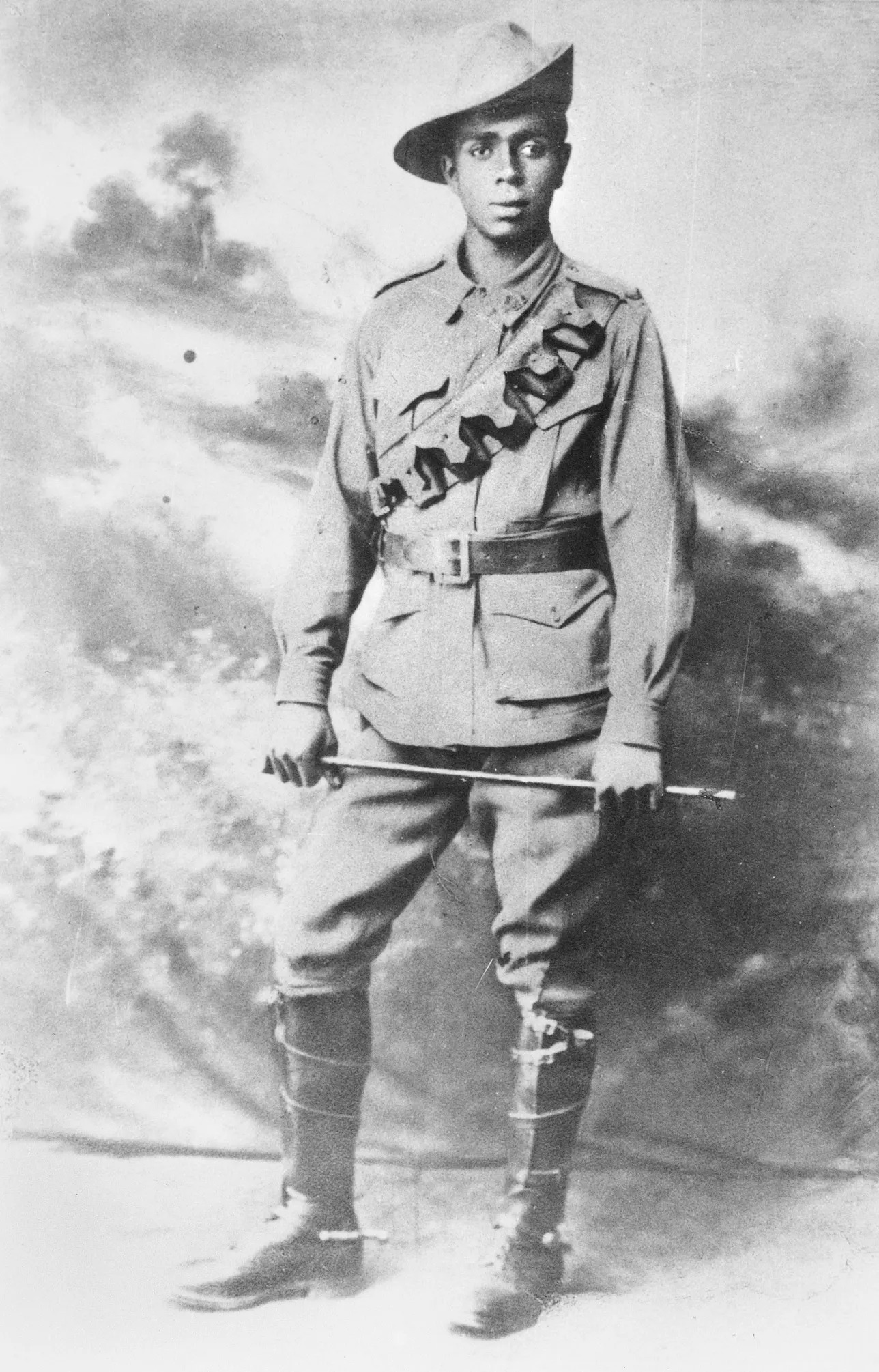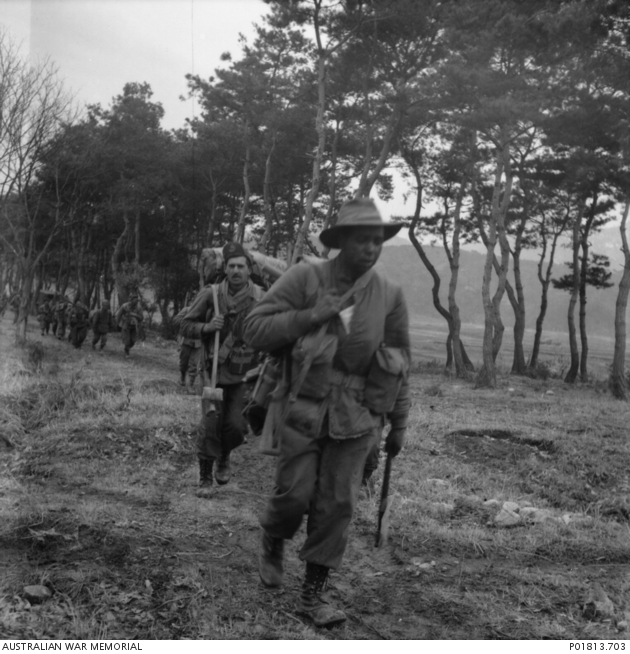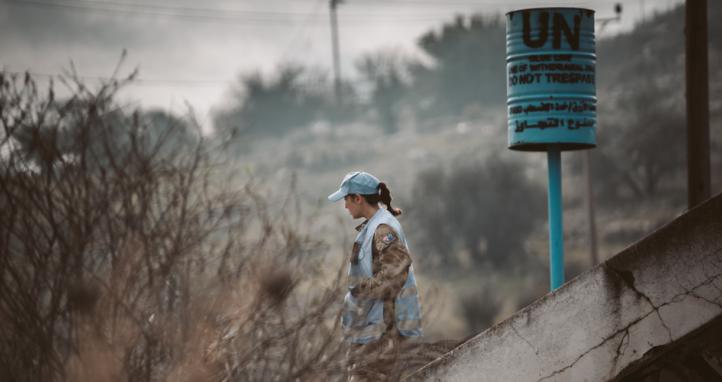WARNING: Aboriginal and Torres Strait Islander people should be aware that this article may contain images, voices and names of deceased persons.

Captain Reginald 'Reg' Saunders, MBE was born at Framlingham Aboriginal Reserve in Gunditjmara Country, Western Victoria on 7 August 1920. Growing up, Reg played football and cricket, as well as being a keen boxer.
He had come from a family of soldiers in World War I with his father having served at Gallipoli with the 10th Battalion and his uncle being awarded the Military Medal for bravery while serving in the 29th Battalion in France. Before that his great uncle served in the Boer War.
A proud Aboriginal man of storytelling, he grew up listening to the stories of the Great War from his father and other Aboriginal men from Gunditjmara Country. This was a tradition he continued later in life, passing on the inter-generational history of his people to his children.
As a youngster he left school at age 14, receiving his qualifying certificate. He worked as a sawmill labourer and demanded equal pay and treatment to that of his non-Indigenous peers and got it. He cited his ability to articulate his objection firmly enough to win his point as the key reason why.
He enlisted into the Army on 24 April 1940 and was sent as a reinforcement for 2/7th Battalion in the Middle East during World War II. His first interaction with the enemy was an aerial attack by German combat aircraft before being redeployed to Greece for the impending German invasion. They were quickly withdrawn to Crete due to unfavourable conditions on the mainland.
In Crete, he took part in a significant battle which included a bayonet charge. Following this, the Allied forces were redeployed from the island, but unfortunately Reg’s battalion was left behind. He was one of only a small number of soldiers who refused to surrender, and he spent the next 11 months avoiding capture, aided by sympathetic locals. He then escaped aboard a fishing vessel sailing to Libya and returning to Australia.
Reg re-joined his battalion as a sergeant, now fighting in New Guinea, his brother having died serving in 2/14th battalion just a short period before Reg’s return to combat. After some time his leadership was recognised, and he was nominated by his commanding officer to undergo officer training – though his graduation was delayed due to periods in hospital with malaria. After completing the training and achieving results in the top third of his class, he returned to New Guinea a second time as the platoon commander of No. 10 Platoon.
After the war, Reg left the military and worked several different jobs. As an Indigenous soldier he was not entitled to a soldier settlement block or any returned servicemen education or training.
Reg then re-joined the military at the commencement of the Korean War in 1950 and served as a captain with the 3rd Battalion Royal Australian Regiment. Reg was the Officer Commanding Charlie Company during the Battle of Kapyong.

Reg reverted to lieutenant at the conclusion of the war and grew dissatisfied with peacetime Army as an instructor. He was appointed as a liaison officer in the Office of Aboriginal Affairs in 1969 and continued to fight for the rights of his fellow Indigenous Australians.
Reg is perhaps most historically important to Australia not for his life achievements, as impressive as they are, but because he was so vocal for Indigenous Australian rights. Reg died on 2 March 1990, but his legacy lives on. In 1992, the RSL established a scholarship in his name dedicated to Aboriginal and Torres Strait Islander peoples which remains to this day. Reg was a voice for generations. His service, sacrifice and action has impacted many generations since and will no doubt impact many more to come.









